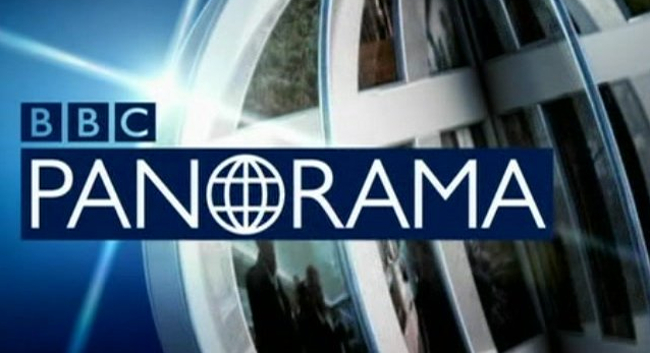‘I would not only invite those at the top to spend their money as a resident . I would invite them to spend six months as a carer doing personal care just so that they can actually see what is funding their lifestyle…I don’t think they’d last 24 hours’.
These words were spoken, on BBC Panorama, by Maggie, whose father-in-law, Norman, spent his last years, and £125,000, in a care home owned by HC One. He had suffered considerable neglect. While he was on his deathbed in hospital, no-one from the care home contacted the family to find out how he was: at the same time the family was notified of a price increase.
The family was paying over £1000 a week, and HC One told the programme that around 20% of that money was going in interest charges. When Panorama investigated the legal structure of the company they found a family tree of 141 companies (now being rationalised to 37). The companies at the top of the tree were registered in the Cayman Islands. In a year when the owners had taken out nearly £5m in dividends they had also applied for and received £18million of COVID-related supplementary funding from local authorities. To Norman’s son and daughter-in-law this felt wrong.
I remembered this, later in the week, as I listened to a Board Intelligence Think Tank discussion hosted by its Director Scarlett Brown. The Think Tank is focusing on how business can contribute to a fairer society. One of the themes emerging from its initial dialogues has been what it has labelled Insulation – the remoteness of directors from the lives of those whom their work affected.
Participants agreed that boards needed to open up so that they could hear uncomfortable messages from diverse voices. This is a welcome conclusion. Its implications are far-reaching. After all there is no point in listening to uncomfortable messages unless you intend to do something about them.
What would happen if the boards of HC One – and Four Seasons, the other PE firm profiled by Panorama – acknowledged that they were too insulated, and took up Maggie’s invitation to spend time as a care assistant or a resident? What underlying difficulties would they identify and what would they change ? two in particular emerge from Panorama.
One is scale: insensitivity towards individuals always arises when organisations become too large and complex. The other is ownership and the implications for fairness: just compare the commitment that Norman made to the company with the commitment that it showed to him.
First let’s think about scale. We have all had experiences of dealing with organisations which are, because of their scale and corresponding design, incapable of being sensitive. Only in the last month Tomorrow’s Company has found itself dealing with a bank whose communications were robotic but whose actions were error-strewn. Then there is Akamba Aid Fund, a small charity supporting impoverished communities in Kenya for the last 21 years. It was forced to shut down and return money to donors because HSBC suddenly and arbitrarily closed its account.
I can hear bank board members blaming regulation, especially around fraud. Of course regulation makes life more difficult. Yet I have for some time been a customer of one younger financial services organisation – Wise (formerly TransferWise). This has international reach and all the usual obligations concerning fraud, and it is easy to talk to.
If you have an organisation that is incapable of conducting dialogue and upholding common sense relationships with your customers, then you are unlikely to fulfil your purpose, let alone fulfil the test of basic fairness.
So what’s the answer? Organisational design is a choice. Form can be changed. As a group of directors and business leaders showed 8 years ago in a Tomorrow’s Company report boards need regularly to ask themselves whether their organisational design and their corporate form is actually fit for purpose.
So empathy – yes. Avoiding insulation – yes. But if as a result of better listening you discover that you have an organisational design that sucks, what then? Are you prepared to break the company up into smaller, more local, more sensitive units?
The answer to these questions also takes you into ownership and its relationship with fairness. Is it appropriate for a care home to be part of a tangle of 100 companies with one company in the group charging 15% interest to another, while up to 20% of the bills paid by care home residents or their local authorities is paying the resulting interest? Is it appropriate for an owner to do what Southern Cross did, and undertake sale-and-leaseback arrangements which gave short-term rewards to PE investors while ultimately placing care home residents at risk of eviction?
It may very well be that your organisation’s form of ownership is what prevents it behaving fairly. Are you prepared to initiate a change in ownership so that ownership supports purpose, rather than the other way round? Or do you admit defeat? Speaking on Panorama, that doyen of PE, Jon Moulton, could see nothing wrong with private equity ownership of care homes. I think Jon Moulton is wrong. To explain why, and to offer ideas on a way forward, will require a different blog!
